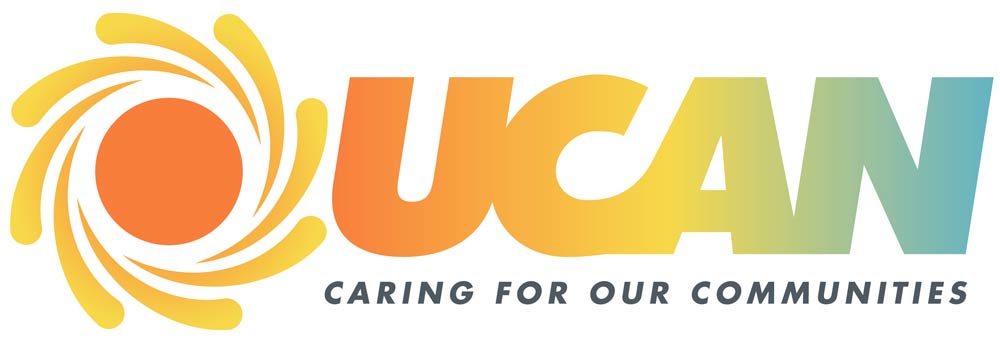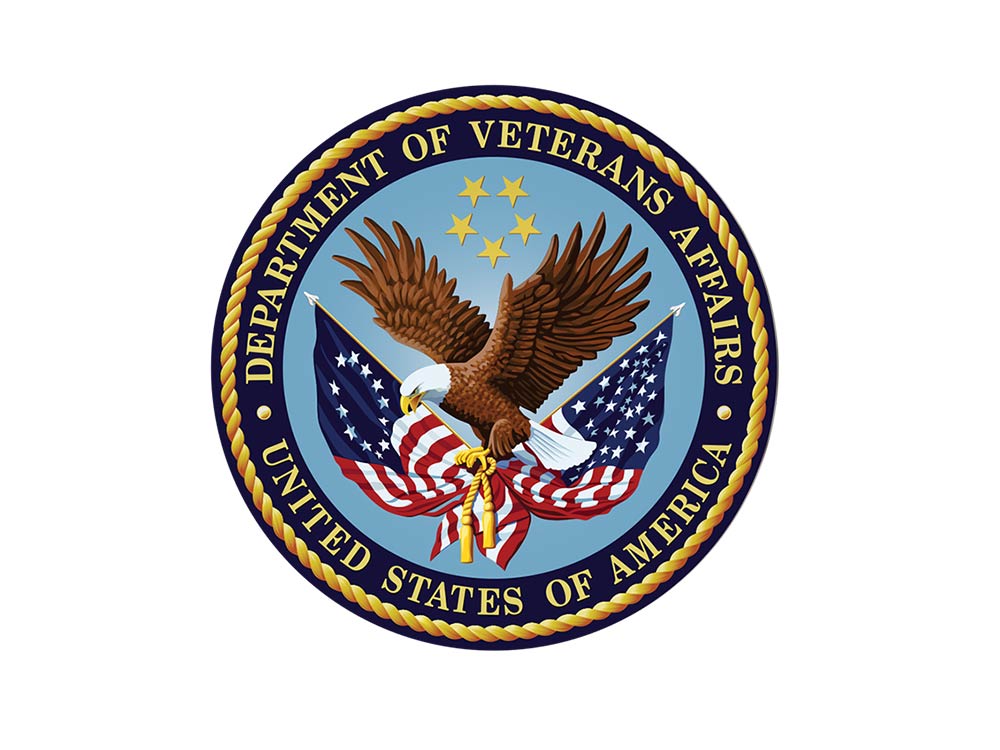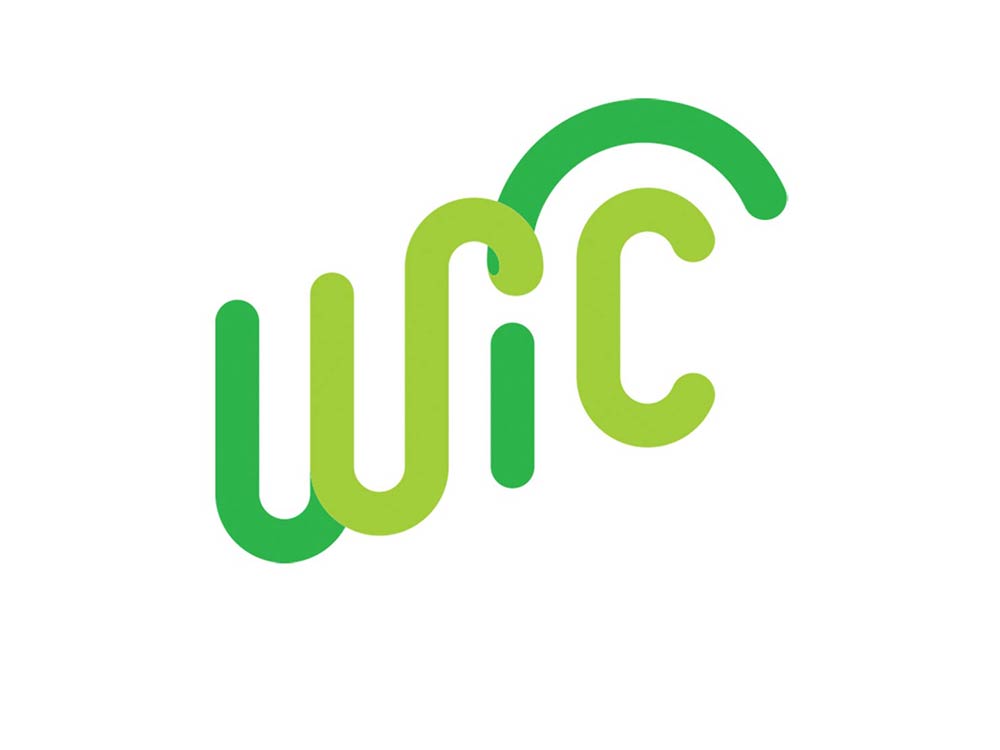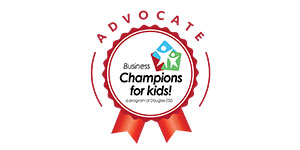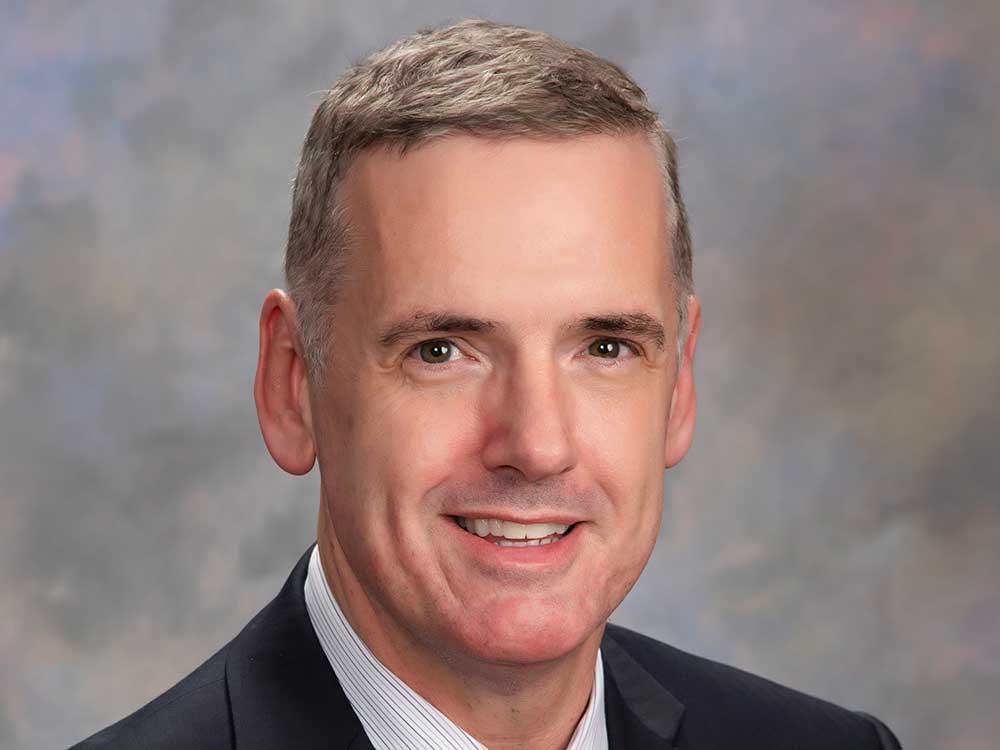
Early this summer, we were asked by CAPO (the Community Action Partnership of Oregon) to take over operations of the Supportive Services for Veteran Families (SSVF) Program in Klamath and Lake Counties. We knew that without our help, the veteran families might lose SSVF services in the region. These services provide critical supports so veterans and their families can obtain and retain permanent housing.
Though we primarily focus our services to support Josephine and Douglas Counties, we did not want to leave these veterans and their families at risk of losing critical SSVF supports. So we agreed to step in, and within one month, transferred the entire program over to our agency. We have bridged this gap with existing staff, while hiring new staff to operate the program in Klamath and Lake County.
I am very proud of the hard work our current SSVF staff have put into keeping programming going beginning in June. They’ve spent a lot of time on the road, driving back and forth from Grants Pass and Roseburg to Klamath Falls. I’m happy to report that we’ve transferred services seamlessly, with the assistance of CAPO, standing up programming in the new counties with no disruption to services.
This issue of our newsletter also focuses on our Douglas County WIC Program. Though many of our programs have waitlists because of limited funding, our WIC Program can actually help far more than the 3,000 pregnant and post-partum women and children (newborn to age 4) we currently serve. The US estimates that about 50% of those eligible for WIC don’t enroll. Reasons for under-enrollment are varied, but we know that with increased outreach we can overcome barriers to services.
As you’ll read in this newsletter, WIC plays a profound role in improving the health outcomes of women and children. WIC also brings local grocers millions in revenues each year, and thousands of dollars to local farmers. We are working to increase outreach efforts to enroll hundreds more into our WIC Program. I invite you to support this effort by donating to UCAN. You can go to our web-site at https://www.ucancap.org/donate/ and make a contribution there.
As always, I’m very grateful for the generous donations so many of you make to UCAN. With your support, we can help thousands more of our neighbors improve their quality of life.
